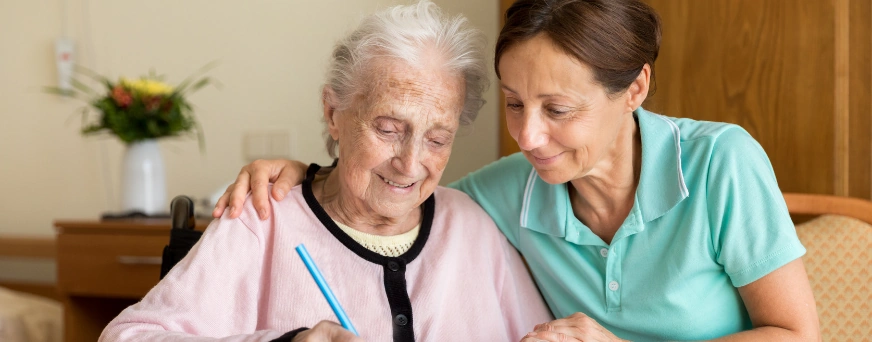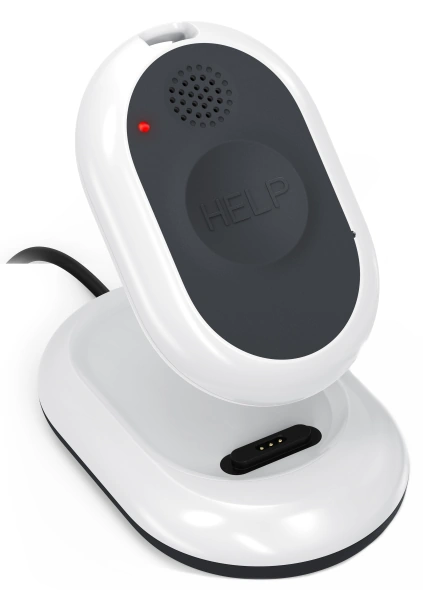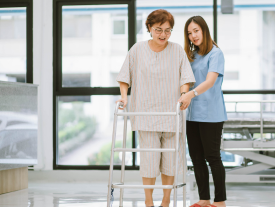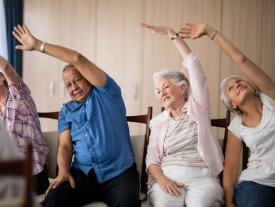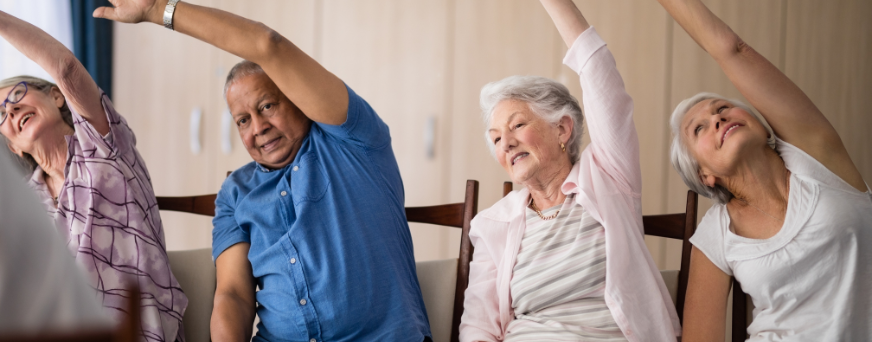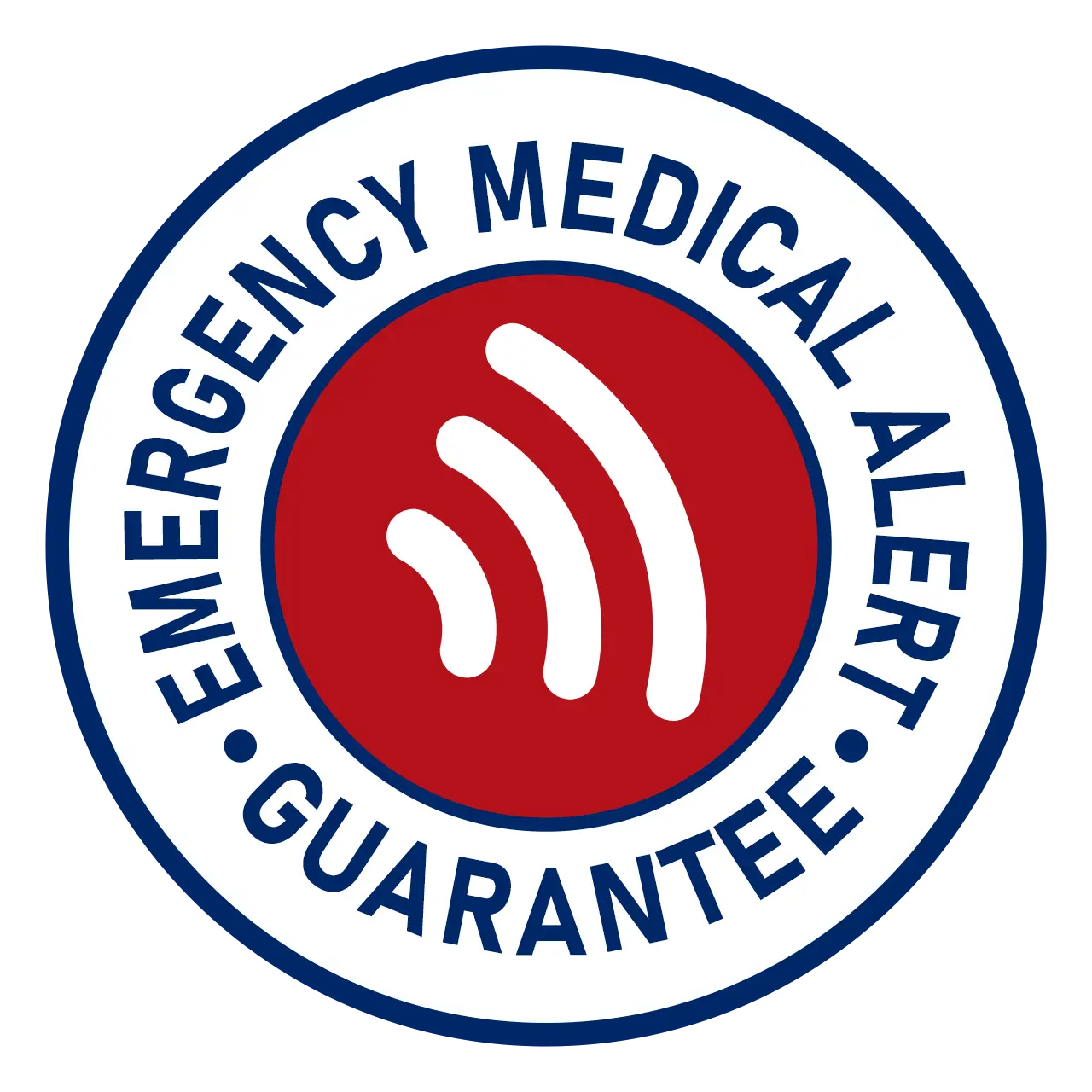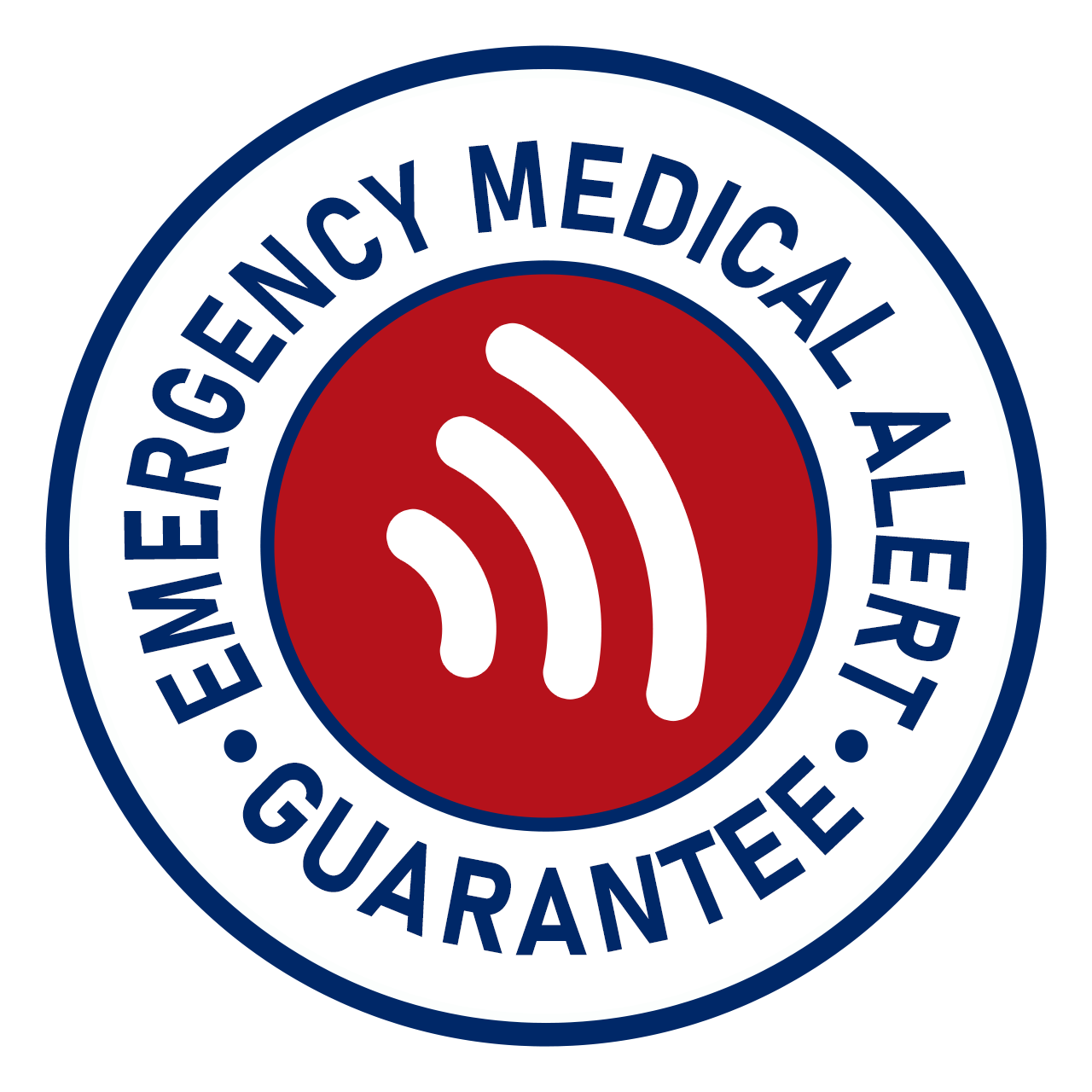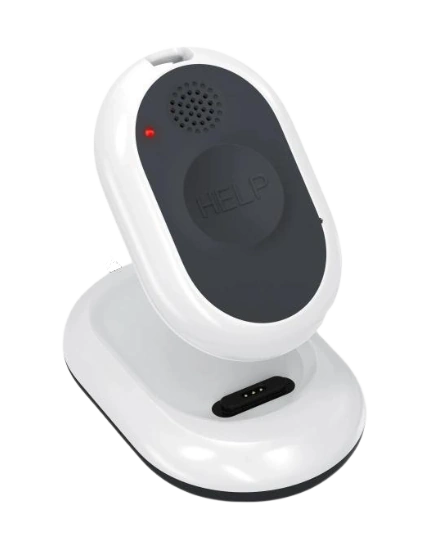Dementia And Hygiene Issues: Why They Happen And How To Help
Key Takeaway
Dementia makes hygiene difficult by affecting memory, understanding, sensory processing, and motivation, causing resistance to bathing, incontinence issues, and poor oral care. Caregivers can help by using calm routines, adapting tools, creating a comfortable environment, and offering patient, dignified support to maintain safety and well-being.
Dementia is a decline in cognitive ability associated with thinking, remembering, and reasoning to the degree that it interferes with the activities of daily living of that person.
A decrease in mental function impairs your ability to accomplish not only activities of daily living but also work. Though a few people may be capable of dressing themselves or bathing on their own, the act of personal hygiene can be difficult for a dementia care recipient.
This article is a guide to answering why these problems happen and provides practical solutions for caregivers.
Connection Between Dementia And Hygiene Issues
Dementia makes self-care a challenging process, and that results in memory loss, disorientation, and mood swings. The proper support is needed, and knowledge about how support relates to dementia can significantly enhance the quality of life.
What Is dementia?
Dementia is an illness that entails a loss of mental functions, such as thinking, remembering and reasoning, to the extent of interfering with the daily activities of the individual. Control over emotions tends to be impaired, and this may result in a total shift of personality as a likely result. It ranges from the early stages where mild symptoms begin to manifest, to the worst and most severe stage, which is complete functional dependence on caregivers for the provision of even the most basic personal care tasks like eating.
Why Hygiene Becomes A Challenge In Dementia Patients
Numerous hygiene-related tasks require motor skills, memory, social awareness, motivation, and much more. As cognitive functions decline, the ability to manage hygiene-related tasks is affected.
Dementia often leads patients to forget how to bathe or may not recognize their bodily odors as a hindrance and as uncleanliness. In advanced stages, even the recognition of what a toothbrush is used for or why clean clothes are necessary becomes difficult.
Common Hygiene Issues In Dementia Patients
Elderly patients suffering from dementia sometimes need to be reminded or instructed to bathe. They may forget when they last bathed or feel no urgency due to reduced awareness of personal hygiene. Because of this, everyday hygiene tasks can be affected in various ways.
Refusal To Have A Bath Or Shower
Refusal to bathe is the most prevalent dementia & hygiene barrier. This bath refusal may be due to a lack of motivation, fear, confusion, or a total lack of awareness of the physical state.
These feelings can greatly affect an individual's readiness to participate in self-care. Just the sound and feel of water running can be seen as threatening for some.
Toilet-Related Incontinence Problem
Late-stage and mid-dementia patients tend to develop issues with toilets. Patients lose access to where the bathroom is located and do not realize they must use it. These challenges might be discouraging and deteriorate self-esteem and quality of life over time.
Oral Hygiene Care Neglect
For patients, brushing their teeth is an activity that may be bewildering and most likely forgotten. Also, they may refuse aid due to pain or lack of recognition of the brush being held, which makes oral care impossible. Lack of proper oral hygiene can result in severe infection and pain.
Behavioural Changes And Their Psychological And Physical Causes
A lack of sensory and emotional processing makes the patient unable to perceive and respond to stimuli and leads to behavioral changes. This creates further barriers to performing hygiene activities for those dealing with dementia and hygiene issues.
Forgetting And Disorientation
For most people, dementia-related hygiene mistakes are hard to manage due to severe memory loss. A person may forget simple routines like when they last bathed or washed their hair.
A person may be mentally lost about the procedures involved in such tasks, or may simply not recognize the implements like a razor or shampoo used.
Sensory Overreaction And Anxiety
In most cases, dementia is accompanied by hyperesthesia, an abnormal increase in sensitivity to sensory stimuli. Aggressive behavior or fear can be triggered by simply washing someone’s hands or hearing running water, or the soapy lather itself.
Smells or sights are sometimes easy to mistake for being devoid of light, rendering the perception empty, and walking into the bathroom can prove to be disorienting.
Despondency
People with dementia often lose interest in things and go through emotional ups and downs, from feeling a little anxious to facing deep depression that makes daily life harder.
This emotional state tends to heighten indifference, especially regarding self-hygiene. Soaked with outright despondency and no meaningful objective, self-care is neglected, and only nominal enthusiasm is invested in undertaking ceaseless chores.
The interrelation between emotional despondency and the decline in self-care is so profound that the growing perception of dementia is often seen as the loss of a person’s essential nature.
This is due to the harmonizing overlap between self-care and multi-operational abstract functions like memory, cognition, emotion, and perception.
How Caregivers Can Help Manage These Issues
Elderly patients depend on caregivers to perform hygiene tasks. Sometimes, a little empathy is all that is needed to improve the well-being of the patient with dementia.
Gentle, Predictable Routine Establishment
Finding you have these symptoms is only the first step. If you are suffering from these symptoms, here are some critical actions to take without delay:
Having an effective technique or calming schedule aids the patient’s sense of security and relaxation. Moreover, bathing and post-meal tooth brushing can become part of a daily routine. Speak in soothing tones and remain calm when there is some resistance.
Adopting Tools And Techniques
Some tools that offer easier grooming, such as no-rinse shampoo, electric razors, or a toothbrush with a bigger handle, can help make grooming easier in some instances. For example, clothing with large buttons or other adaptive devices can make dressing, along with other daily activities, easier.
Creating A Comfortable Environment
The restroom should be warm and well-lit. It should also be free of clutter. Use non-slip mats and a shower chair when necessary. Soft music and calming scents can be used to ease anxiety during hygiene activities.
Approaching With Patience And Compassion
Avoid arguing or using force as this can countereffect goals. Encouragement works better; praise while offering help and allow as much autonomy as possible. It is worthwhile noting that dignity goes a long way in encouraging participation.
When To Consult Health Professionals
Addressing any concern as a health issue, medical care is required when hygiene concerns elevate health problems or even emotional problems.
Intervention is best accomplished with the cooperation of doctors and occupational therapists who provide skilled consultation tailored to individualized care plans that improve safety and well-being.
Conclusion
Addressing dementia along with hygiene issues can be emotionally and physically challenging work for people who are giving care, but understanding the reason helps in providing helpful support.

